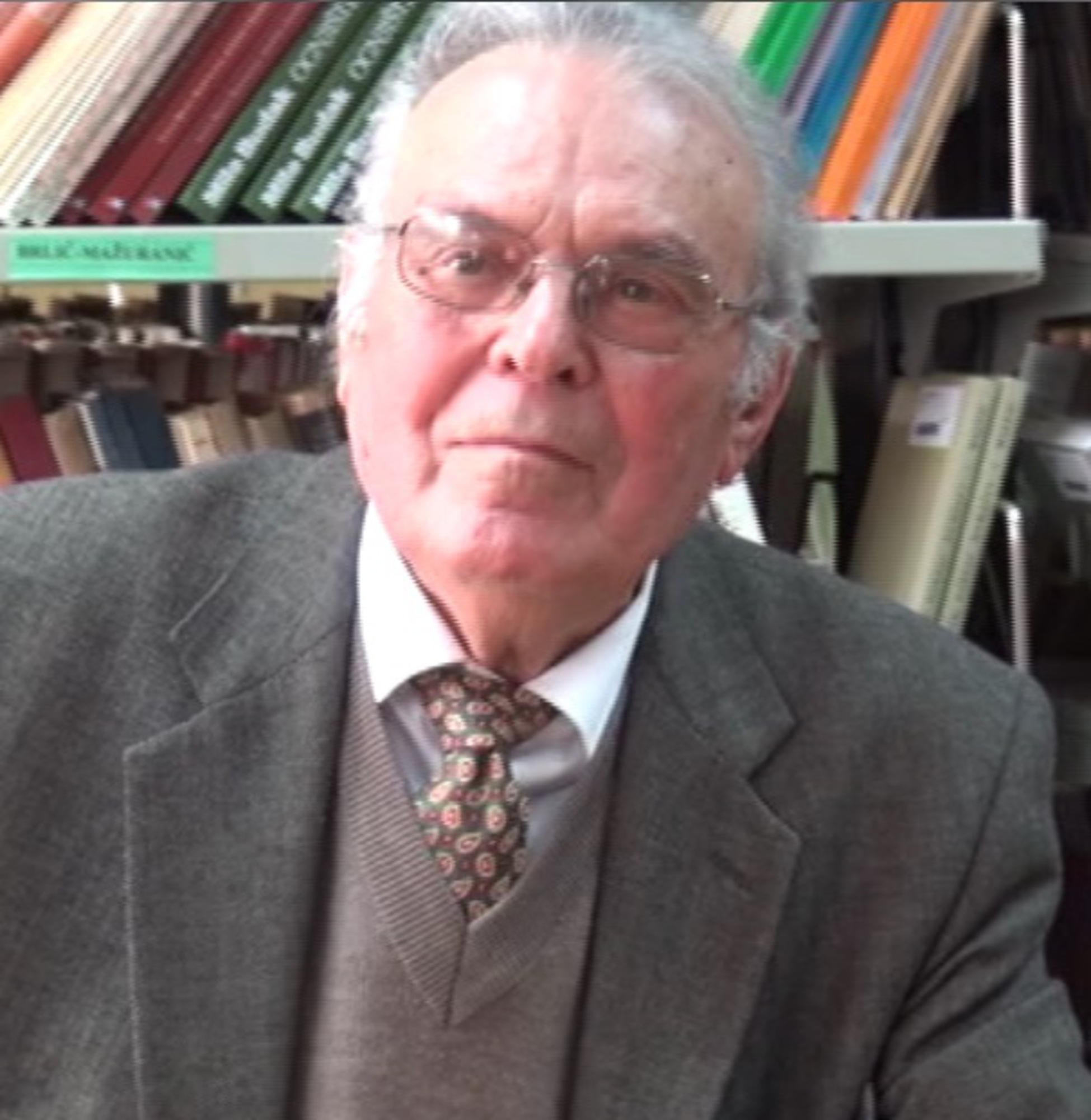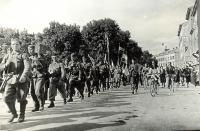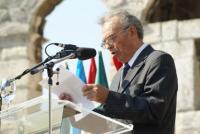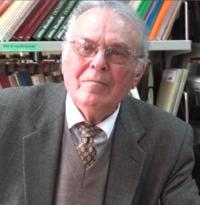So young and already a partisan

Download image
Tomo Ravnić was born in 1929 in Ližnjan. During Italian administration in Istria his name was Italianized and written as Tomaso Ranni in the registers. He finished Italian primary school in Ližnjan and in Pula he managed to finish one class of lower secondary school in Pula, before joining the partisans. His family helped the partisans a lot. After Italian capitulation his father managed to hide weapons from the Italian garnison into stable and later forwarded it to the partisans. He even ceded his fishing boat to partisans. Tomo joined the partisans in 1944, not long after a major surgery, as a courrier in supporting company of maritime coastal command of the northern Adriatic coast. He took part in final military operations of Yugoslav army for liberation of Istria and his unit was among the first to enter the city. The city itself didn’t witness any combat while the combat at Muzil, where the Germans made their retreat, was heavy but succesfull. They treated German prisoners humanely however he did steal a pen from a German corporal. When the fighting stopped, he took the first chance and grabbed a bike to go home to his parents and inform them that he is alive and doing well. After the war had ended he refused to go to Soviet Union for military education. Instead he finished Secondary Technical School in Zagreb and Faculty of Economics in Ljubljana.



